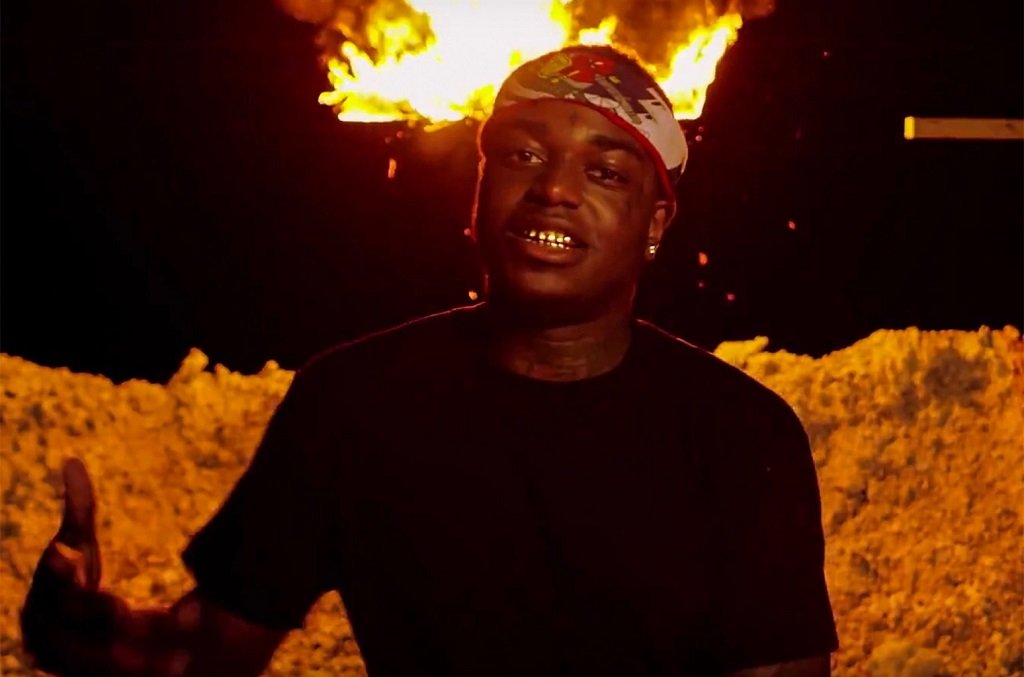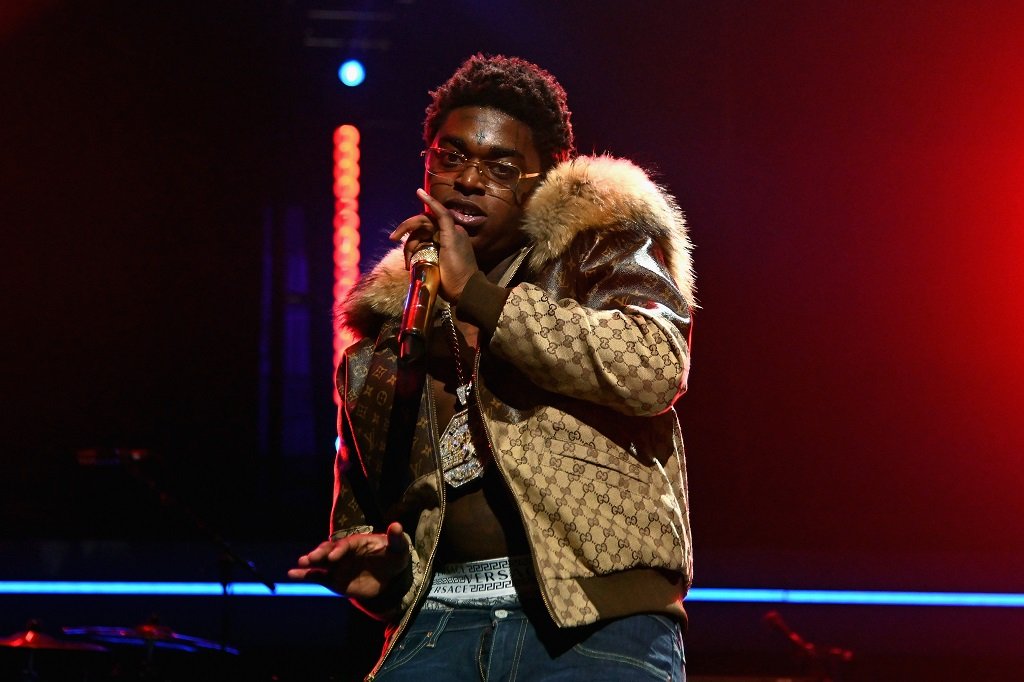Regarding Kodak Black racist comments and controversy, it is still unsure that the young man is racist. Is Kodak Black Racist? Controversy Explained.
Kodak Black, aka Bill Kahan Kapri, is an American rapper born on June 1997 in Pompano Beach, Florida.
The professional rapper started rapping in elementary school and frequently participated in brawls, breaking with his friends.
Black began to gain recognition in the music industry with his single “No Flockin,” released in 2014.
And along with his flourishing career, the young rapper has faced several controversies throughout his career, including accusations of racism.
In 2016, a studio session video was released in which he ridiculed dark-skinned black women, implying they were less attractive than light-skinned black women.
This caused a significant backlash, with many people calling out the rapper for perpetuating colorism and misogyny.
Also Read: Jason Schwartzman Religion: Is He Jewish? Ethnicity And Origin
Is Kodak Black Racist? Racism Controversy Explored
Based on online sources, it is difficult to speak about Kodak Black racist controversy or not definitively. Is the American rapper racist?
Besides every controversy, the young man uses his music as a platform to address issues of racism & oppression faced by the Black community in America.
In his “Tunnel Vision” music video, Kodak Black uses powerful imagery to depict the reality of racism in America.
In his recent music video, the professional rapper referenced the KKK and Donald Trump’s campaign slogan.
Black also uses his lyrics to discuss the impact of institutional racism on the Black community and the importance of economic success in overcoming these obstacles.

While some may argue that Kodak Black’s use of racially charged imagery and language is inappropriate, it is vital to consider the context in which the young man operates.
As a young Black man from a community historically facing systemic oppression and racism, Kodak uses his platform to shed light on these issues and spark conversation.
Moreover, it is up to each individual to decide whether or not his approach is practical.
Overall, it is clear that Kodak Black’s music is deeply influenced by his experiences as a Black man in America and his desire to address issues of racial inequality.
While he may not be perfect in his execution, his willingness to use his platform to address these issues is commendable.
Kodak Black’s Controversies Explored
Kodak’s career has been marked by both periods of success and public controversies.
The rapper has faced numerous legal issues throughout his career, starting with accusations of rape in 2016.
In 2021, Bill Kahan Kapri was sentenced to probation after reaching a plea bargain for the lesser offense of assault and battery.
Bill was also arrested in 2019 for making false statements to possess weapons and was sentenced to nearly four years in federal prison.
However, his sentence was commuted by President Donald Trump in 2021, and even since then, the rapper’s life has yet to become stable.
Kodak also faced criticism for his behavior and comments & in 2016, he was criticized for ridiculing dark-skinned black women in a studio session video.
This behavior is considered a misogynoir, which is anti-Black hatred towards women.
Kahan also insulted fellow rappers Lil Uzi Vert and Lil Yachty during a livestream on Instagram, which created controversy.
Despite these controversies, Kodak has continued to release music and gain popularity.

His second album, Dying to Live (2018), peaked at No. 1 on the Billboard 200, and his fourth studio album, Back for Everything (2022), contained the Hot 100 chart-topping single, “Super Gremlin.”
The young man has also used his music to address racism and oppression the Black community faces in America.
While his behavior and comments have been criticized, some argue that his willingness to use his platform to shed light on these issues is commendable.
You May Also Like: Is Scarlett Johansson Racist? Scandal Explained

